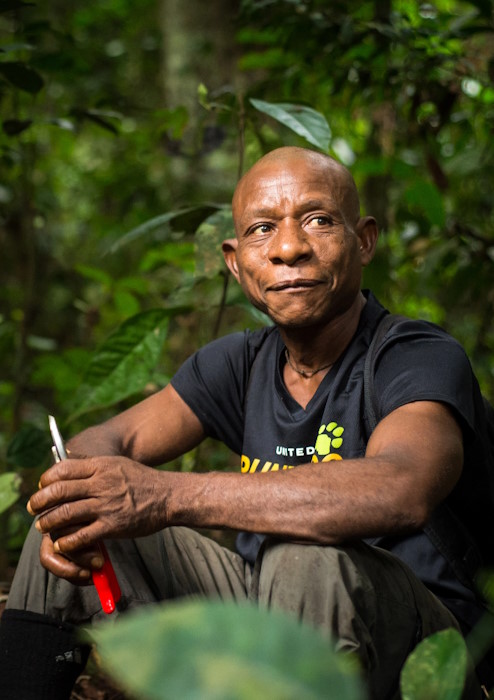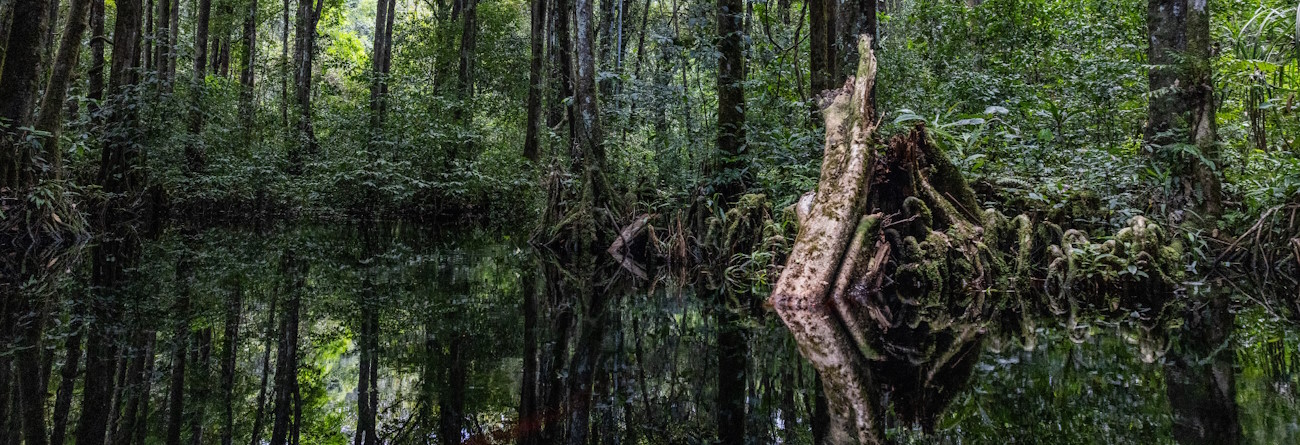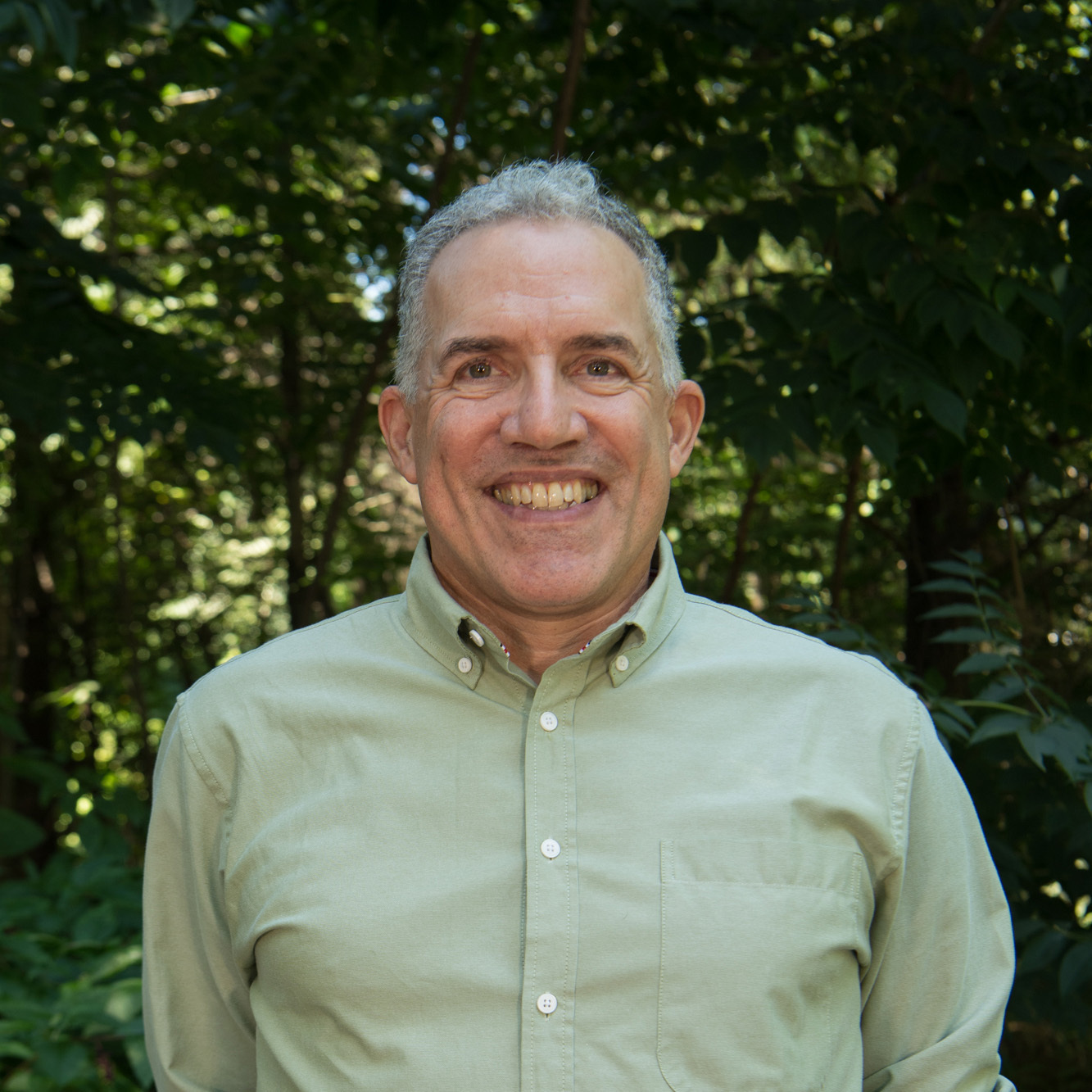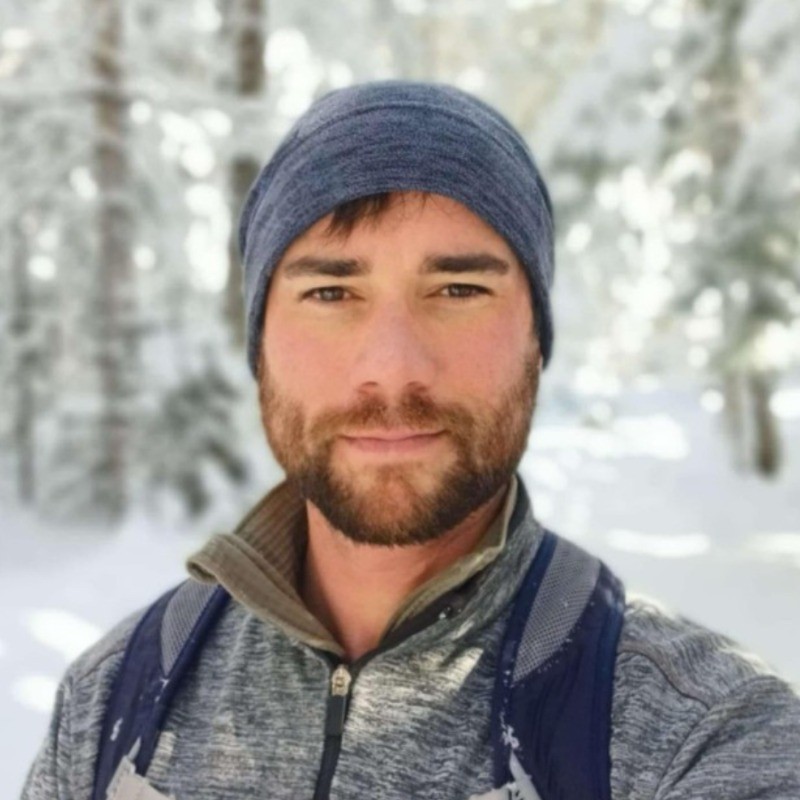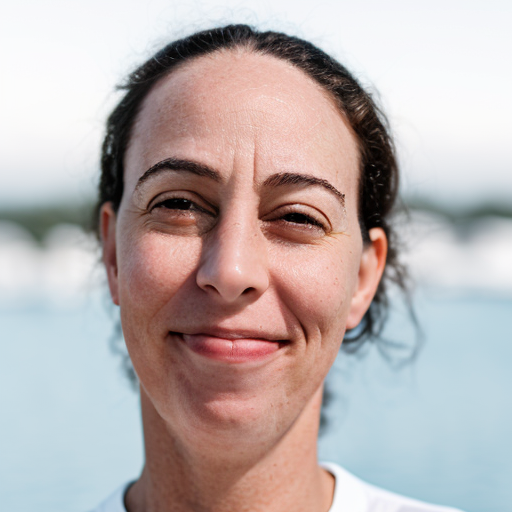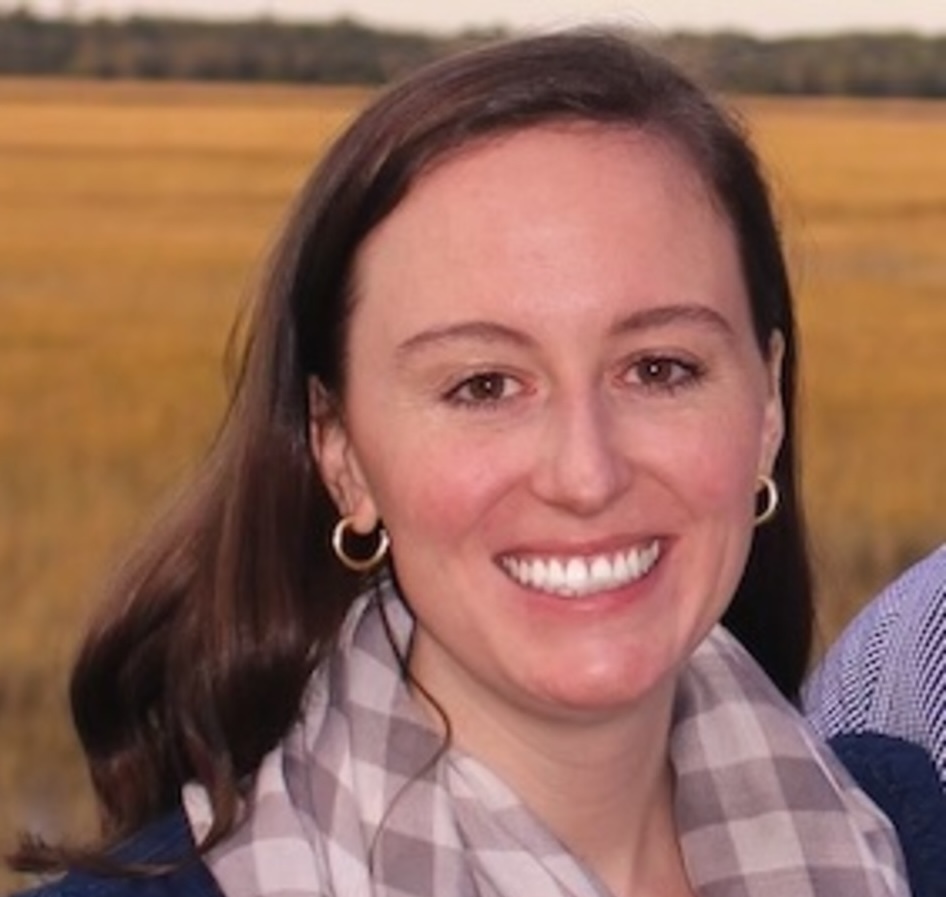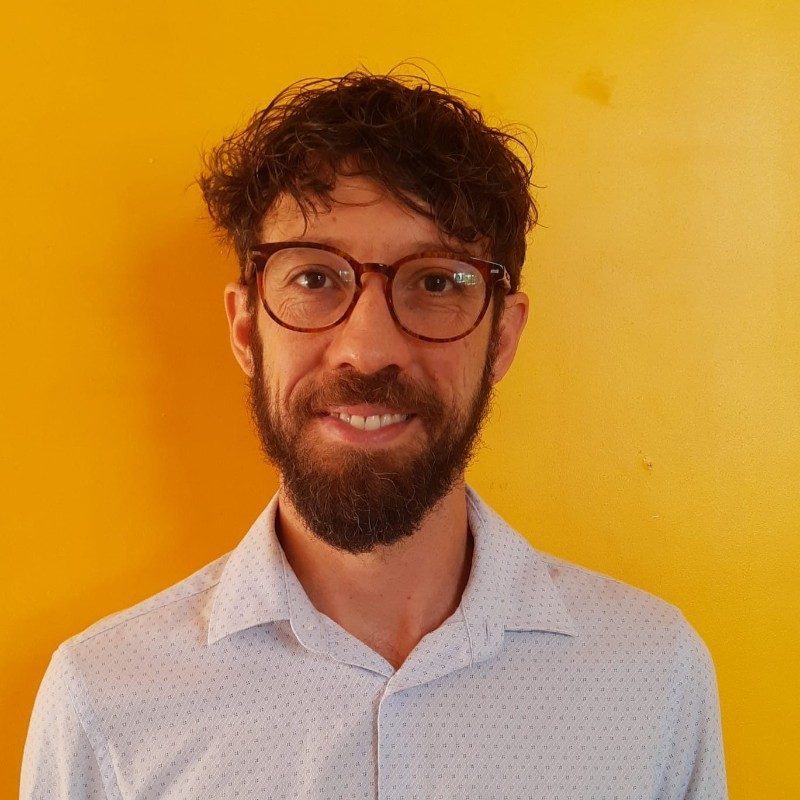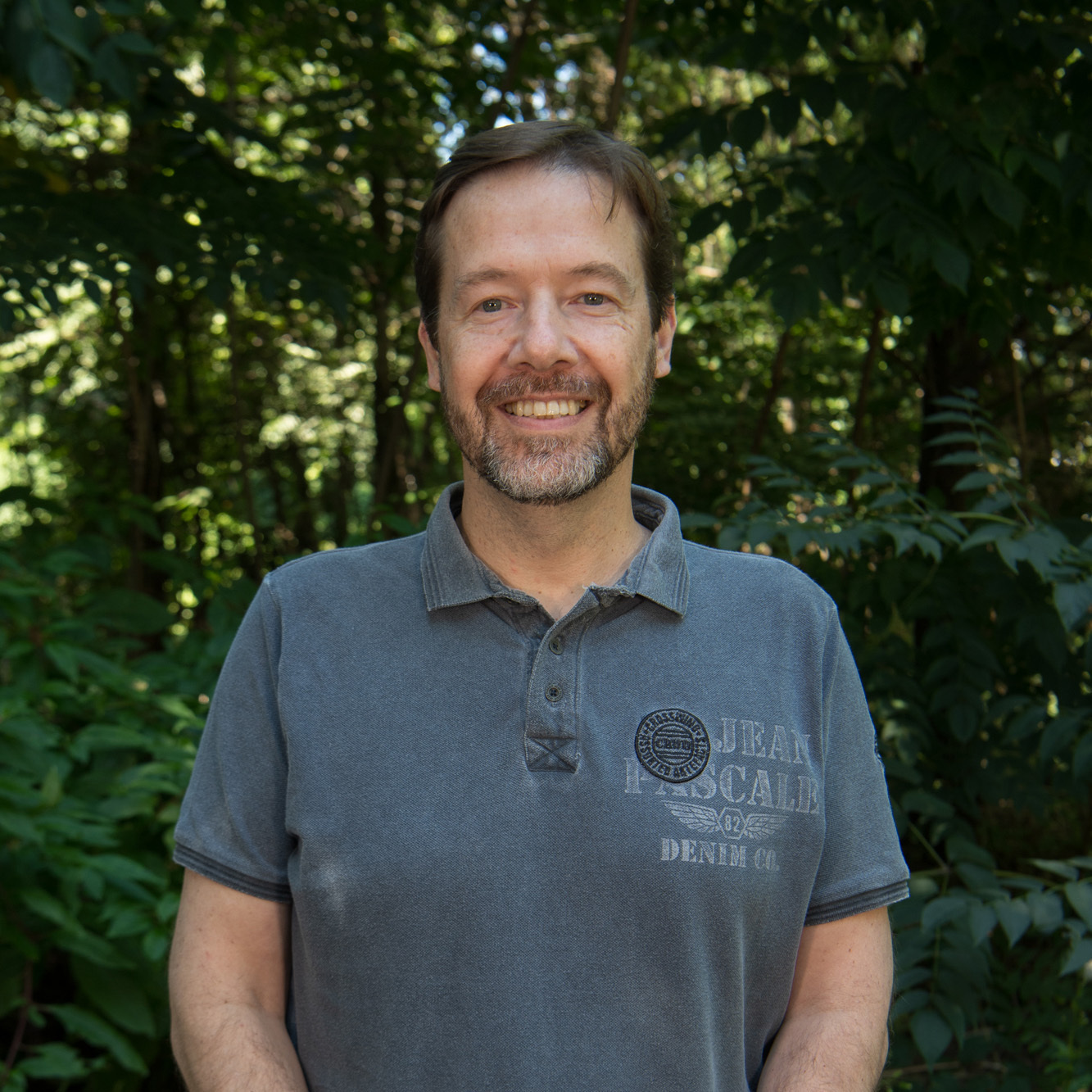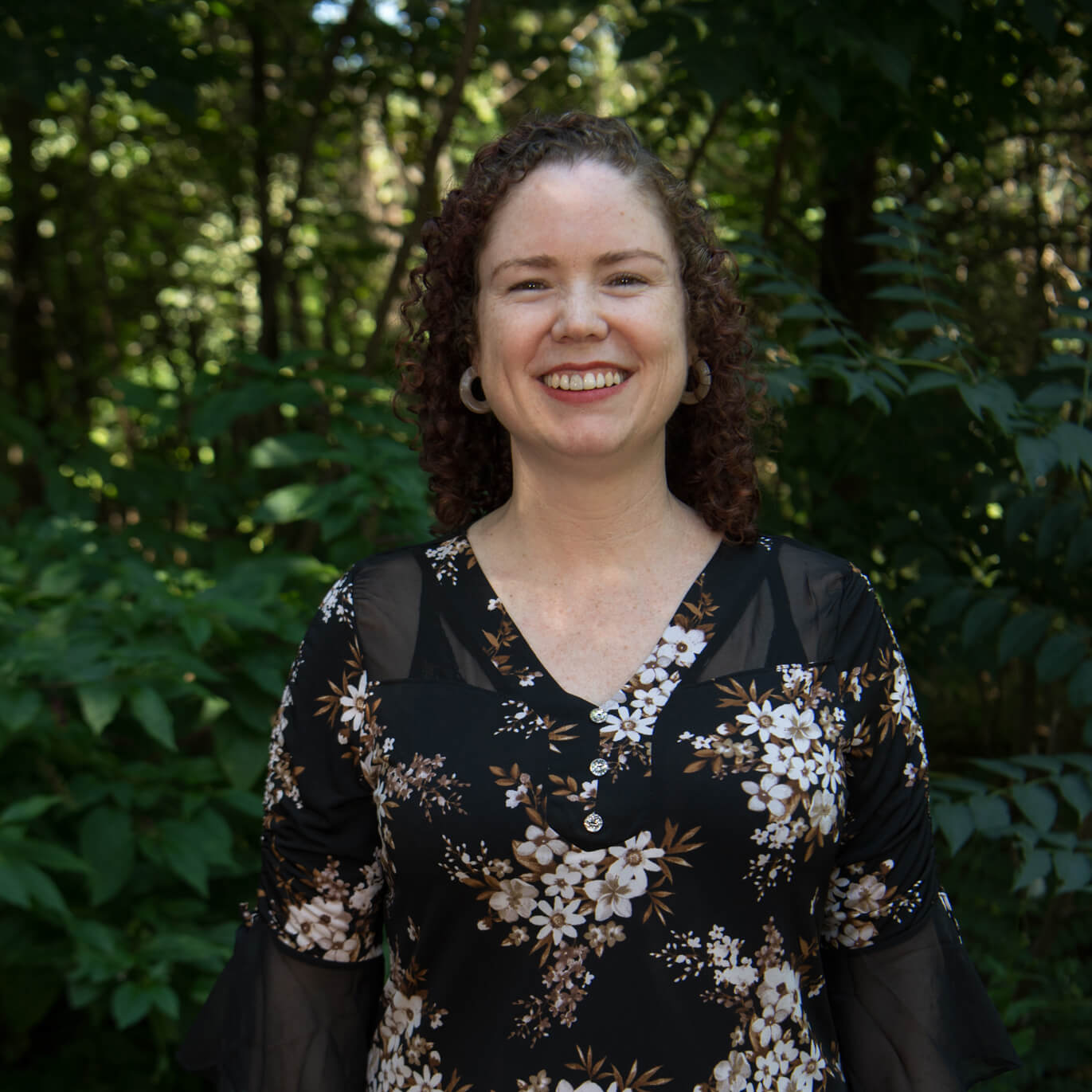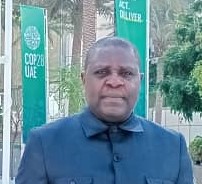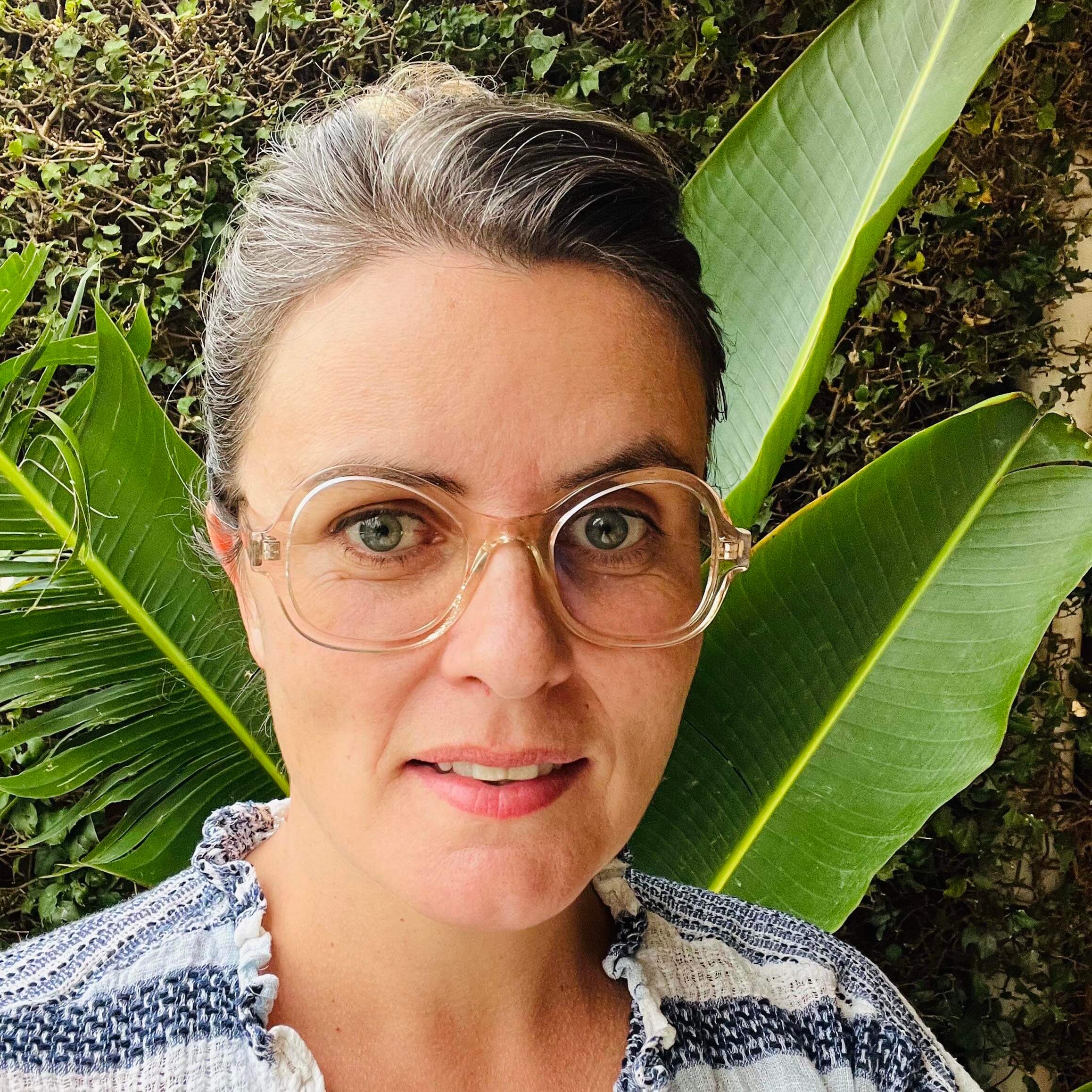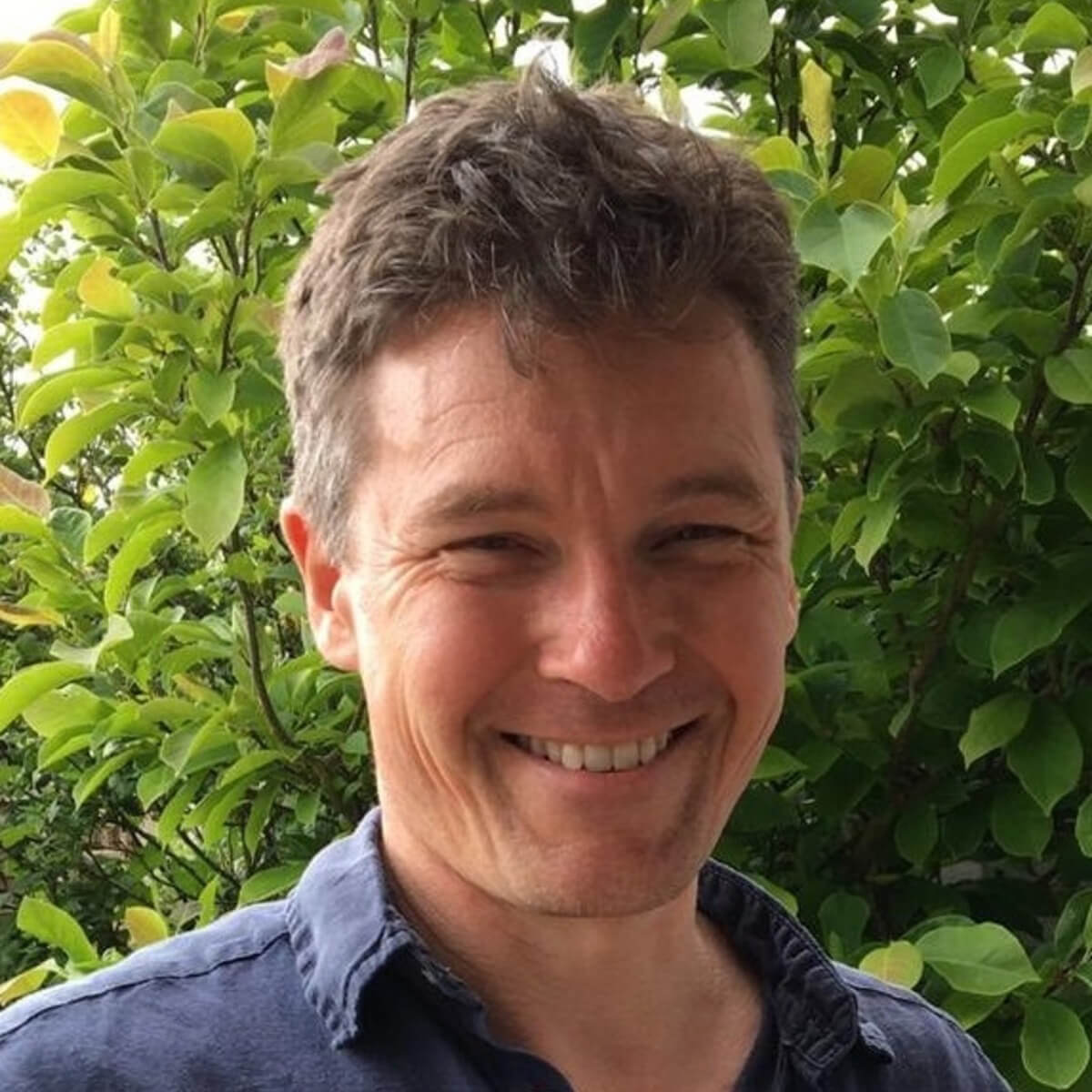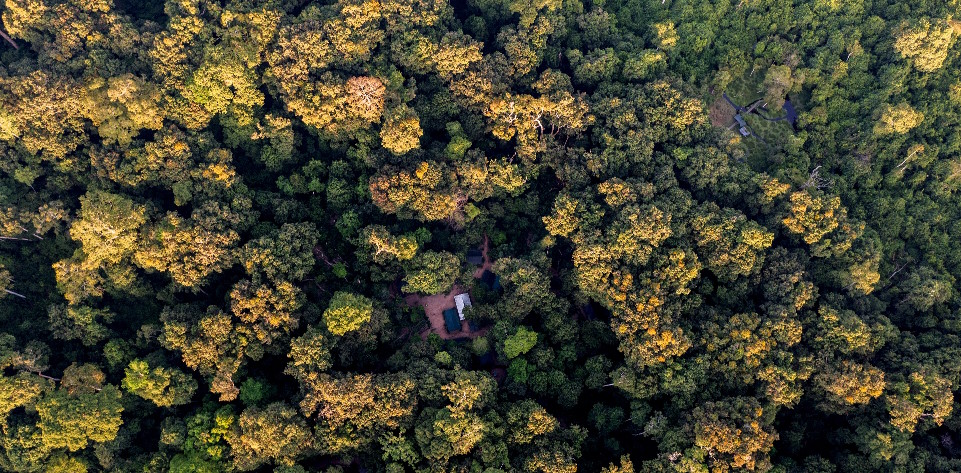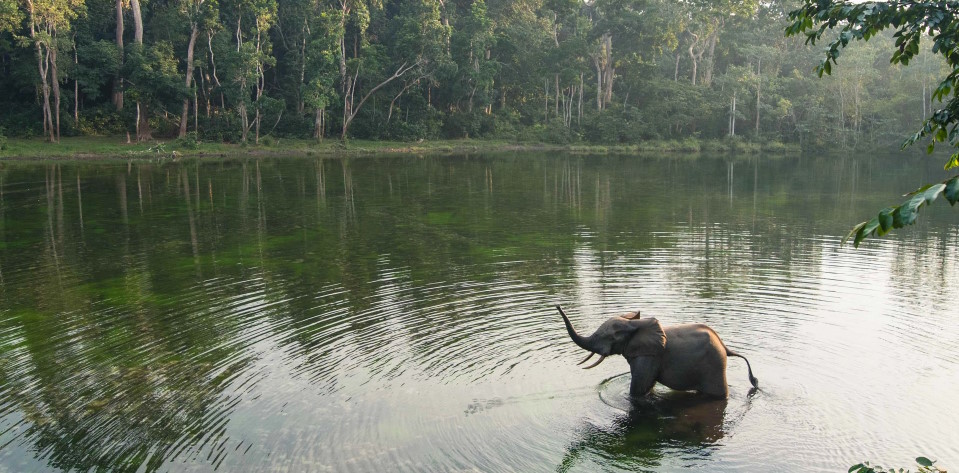Louis Bernard Cheteu
Senior Climate and Biodiversity Policy Advisor, WCS Republic of Congo
Louis Bernard Cheteu holds a Master of Philosophy (M.phil.) in Geography, Environment and Natural Resource Management; a Diploma in Water, Forest and Wildlife Engineering (Dipl.-Ing.) as well as several other training certificates obtained in turn in Africa, Europe, United States of America and the United Nations system. He has over 20 years’ professional experience in the fields of forest, Climate Change, Green Economy, Natural Resources and Protected Areas Management.
Before joining the WCS in 2023 as Senior Climate and Biodiversity Policy Advisor, Republic of Congo, Louis Bernard Cheteu has held the positions of: – Specialist in Climate Change and Green Economy for UNDP DRC; – Project Manager of the Kabobo Luama Landscape Conservation Project for UNDP DRC; – International Coordinator of the TRI (Tree Restoration Initiative) project for FAO in CAR; – Chief Technical Advisor of the Gallery Forest Preservation Project for UNDP Benin; – Representative of TEREA Cameroon; – International Expert in Project Management of PRODEVIM for UNDP Mali; -Mentor for the REDD+ and adaptation COBAM pilot projects at CIFOR Cameroon; – Cameroon coordinator of ITTO’s REDDES project N° RED-PA 056/11 Rev.1 (F); – Project Manager of PEFOGRN-Congo Basin for RIFFEAC Cameroon; – Technical Director of the Communal Forest Technical Centre in Cameroon for GIZ/FFEM; – Researcher at IRAD Cameroon.
He has successfully completed several consultancy assignments in the fields of environment, climate change and natural resource management for UNDP Mauritania, UNDP Kenya, UNDP Congo, UNDP DRC, FAO Rome, FAO Gabon, FAO Côte d’Ivoire, BRL I France, COMIFAC Cameroon, IUCN/TRAFFIC Cameroon, WWF Cameroon, FODDEC Cameroon, R Pallisco /CIFM Cameroon, PSRF Cameroon. Louis Bernard Cheteu is a member of several professional organizations (FORENET-ACP, FORNESSA, CoForTips, CoForSet, CoForChange) and author of several publications.
